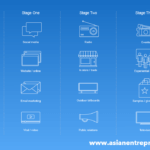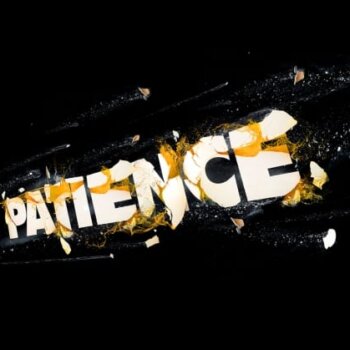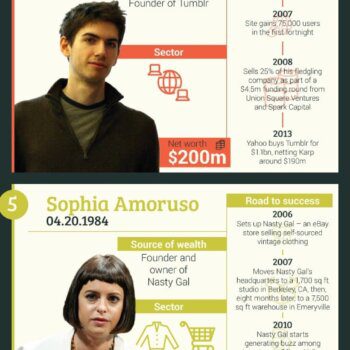It’s easy to become distracted for the average person working in an office or from home. Things get done more effectively by being able to concentrate on a specific task. Here are some tips on how to focus:
- Pinpoint the problem. What causes you to lose focus? Is it fatigue, hunger or a Twitter addition? Figuring out the issue is the first step toward trying to fix it.
- Plan ahead. Envision what the workday will look like before it happens. Write down what things need to get done or what you want to accomplish. Setting goals can help people stay on track.
- Eat a good breakfast. A bowl of oatmeal may do more than jump start metabolism. Studies have found that eating breakfast can improve attention and concentration, too.
- Meditate. Scientists have discovered that meditation may enhance certain brain functions linked to attention. It can’t hurt to try shutting everything off to get more done in the long run.
- Work offline. One survey found nearly 60% of disruptions at work come from email, social networks and cell phones. So for tasks that don’t involve the Internet, try using old-fashioned paper and pen — perfect for brainstorming! Put your phone on silent and check email only occasionally (try once every hour). Limit time on social media too. You can “like” your friend’s picture of his dog later.
- Do smaller tasks. Some psychologists suggest that our brain works way too hard to process incredible amounts of information. So working on one large project can be overwhelming — like trying to plan a whole event at work in one afternoon. Split up projects into individual tasks so they’re easier to accomplish.
- Time box. Work on one project for a specific amount of time, rather than working until something is finished. (Write emails until 2 p.m., instead of stopping at inbox zero.) This way we know we can work hard until a certain time, and then be able to take a break.
- Clean up. Anything from Post-Its to pretzels and family photos can become a distraction. Clear off the workspace and have out only what’s needed (laptop, notebook, water-bottle — check!) to help stay in the zone.
- Try an app. Discard any distractions with a little help from technology. Certain apps can block websites (so long, Pinterest) or black out computer screen backgrounds so only one program is in view at a time.
- Reward yourself. A little motivation can go a long way. Say, “After I finish this page, I’ll go buy a cookie!”
- Take little breaks. Getting to the office early, working through lunch and staying late doesn’t necessarily mean getting more stuff done. Short bursts of hard work followed by quick breaks can be more beneficial than never taking a breather, since the brain may just burn out.
- Wear headphones. At Greatist we practice the “headphone rule”: no one’s allowed to talk to someone who’s wearing ear gear. It’s a great way to show you’re working on something important and don’t have time to chat.
- Try caffeine. Coffee or tea may help people feel more alert and able to concentrate in the cubicle. If iced coffee isn’t your cup of…coffee, try chewing gum, which may help increase awareness.





























